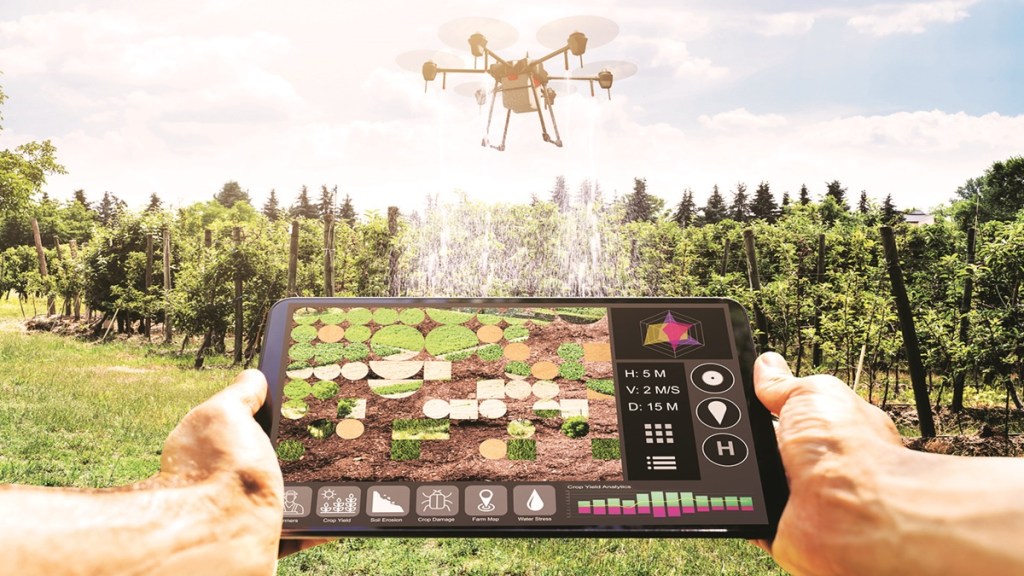Targeting real-world AI actions
NxtGen has launched ‘M’, described as India’s first open-source AI platform designed to execute real-world actions rather than focus solely on data analysis. The system integrates AI decision-making with internet-connected devices, robotics and automation, enabling use in manufacturing, city services and other sectors. It can function without human intervention and is built for scalability and security. NxtGen said the platform could be applied in logistics, healthcare and agriculture. The company aims to make AI more accessible to Indian enterprises, seeking to bridge the gap between research and practical deployment in industry and public service.
Turning matchmaker
Sitch, an AI matchmaking platform founded by Indian-origin entrepreneur Nandini Mullaji, uses personality analysis and compatibility algorithms to match users based on shared values and long-term intentions. The system, which Mullaji describes as ‘incredibly truthful’, asks questions about past relationships and dating goals. Once five potential matches are identified, it introduces them in a group chat to simulate a friend’s setup. Targeting users in New York, the service charges Rs 7,900 to Rs 14,000 for packages of three to eight introductions. Sitch positions itself as a premium, offline-focused alternative to swipe-based dating apps, emphasising emotional compatibility over casual digital interactions.
Rain project
Jaipur has conducted India’s first artificial rain experiment using drones and AI. The drones, equipped with cloud-seeding technology, were deployed to induce rainfall in drought-affected regions. An AI system analysed atmospheric data in real time to select optimal seeding locations and adjusted drone operations mid-flight. Around 60 drones took part in the initiative, a joint effort between the Rajasthan agriculture department and GenX AI, a technology firm with bases in the US and Bengaluru. Supported by the local government and climate researchers, the initiative is intended as a lower-cost, environmentally sustainable method for addressing water scarcity. Authorities have also suggested potential applications in reducing air pollution by lowering particulate matter levels. The trial marks a step towards integrating AI-driven systems into climate intervention strategies in India.
China’s robot mall
China has opened what it says is the world’s first shopping mall run entirely by robots. The facility combines retail operations and cafes staffed by AI-powered service robots with showrooms selling humanoid machines. The robots can take orders, provide product recommendations and offer entertainment. Some units are marketed for domestic chores, elder care and educational roles. The mall’s operations, including inventory, pricing and customer service, are managed by AI without human oversight. Promoted as a demonstration of China’s manufacturing and AI capabilities, the site is intended to showcase the integration of robotics into consumer-facing environments.
AI touch for jewellers
Zithara.AI has launched what it calls India’s first AI-powered retail system designed for jewellers. The platform provides real-time customer profiling, predictive sales analytics and virtual try-on features for gold, diamond and gemstone products. It is aimed at enabling jewellers to anticipate buying patterns, personalise offers and improve inventory management. Zithara.AI said the system also supports loyalty programmes and secure payment solutions, and can be used both in physical stores and online. The company is targeting India’s high-value jewellery sector, positioning the platform as a tool to improve operational efficiency and customer engagement through data-driven retail management. Retailers can plug in their own Large Language Models (LLMs) and run them alongside Zithara’s CRM and CDP, allowing for a tailored AI stack that fits each retailer’s logic and customer DNA.
Chess showdown
OpenAI’s latest model has defeated Elon Musk‘s Grok in a chess tournament involving large language models, with Google DeepMind’s Gemini taking third place. The competition did not involve computers designed for chess, instead it was held between AI programmes designed for everyday use. The three-day event brought together eight general-purpose AI systems, including Anthropic’s and Chinese-developed DeepSeek and Moonshot AI, competing under standard chess rules. The models were not specialised chess engines but multi-purpose systems tested for their ability to handle a structured, adversarial game. Organisers said the results revealed variation in how LLMs sustain strategic play, with OpenAI’s model showing consistency over multiple games while Grok’s performance declined sharply in later rounds.
Brain cells triumph
Scientists have found that lab-grown human brain cells can outperform AI systems in learning speed and energy efficiency for certain tasks. Using the ‘DishBrain’ platform, researchers trained neuron networks to complete pattern recognition and problem-solving challenges. The living cells adapted to new tasks within minutes, while AI systems required significantly longer. They also consumed less energy. The findings, the researchers said, could support the development of hybrid computing systems that combine biological components with silicon-based hardware, offering potential performance and sustainability advantages over current AI architectures.







